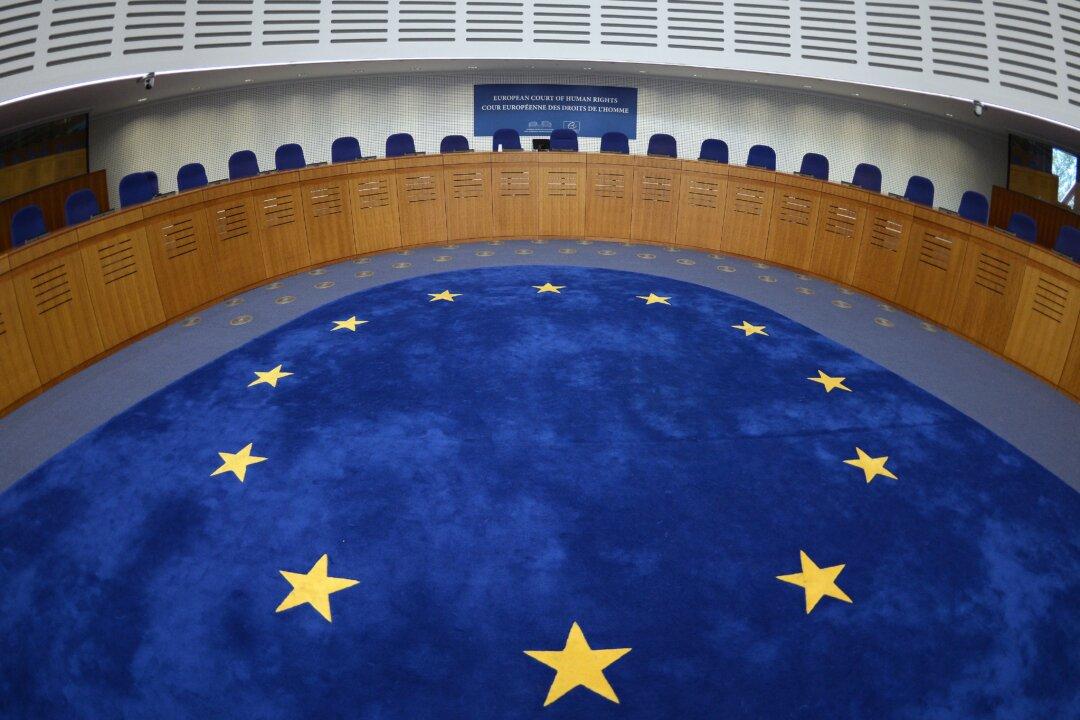The European Court of Human Rights (ECHR) on April 8 ruled that compulsory childhood vaccination in the Czech Republic doesn’t violate the European Convention on Human Rights and could be regarded as being “necessary in a democratic society.”
The Grand Chamber judgment, held by a 16–1 vote, was on six complaints against the Czech government over its vaccination policy that mandates children to receive two vaccines—hexavalent and MMR—against nine diseases.





